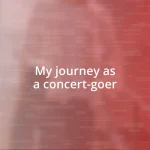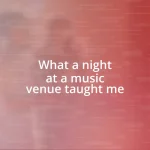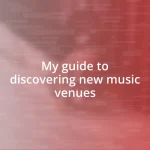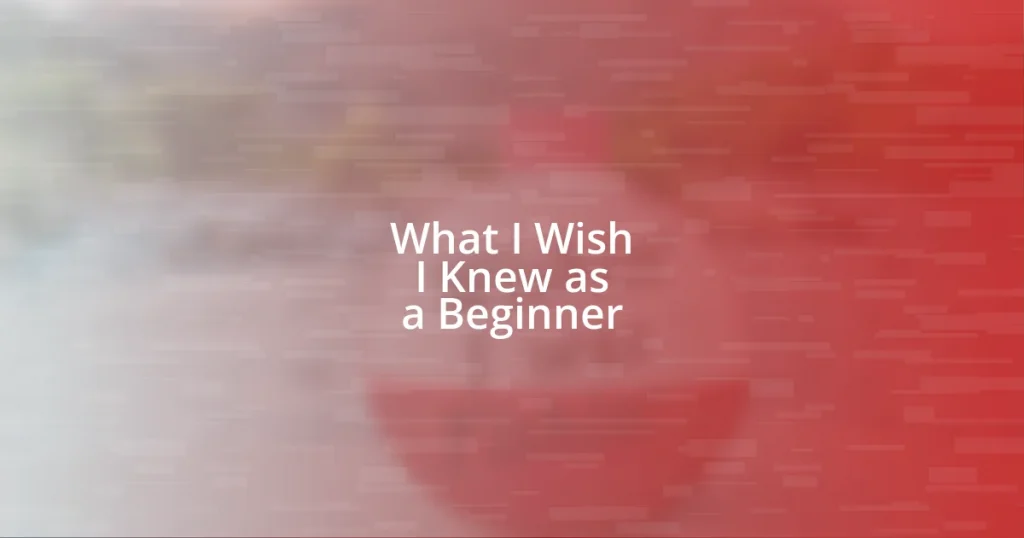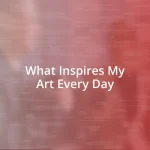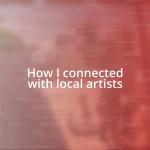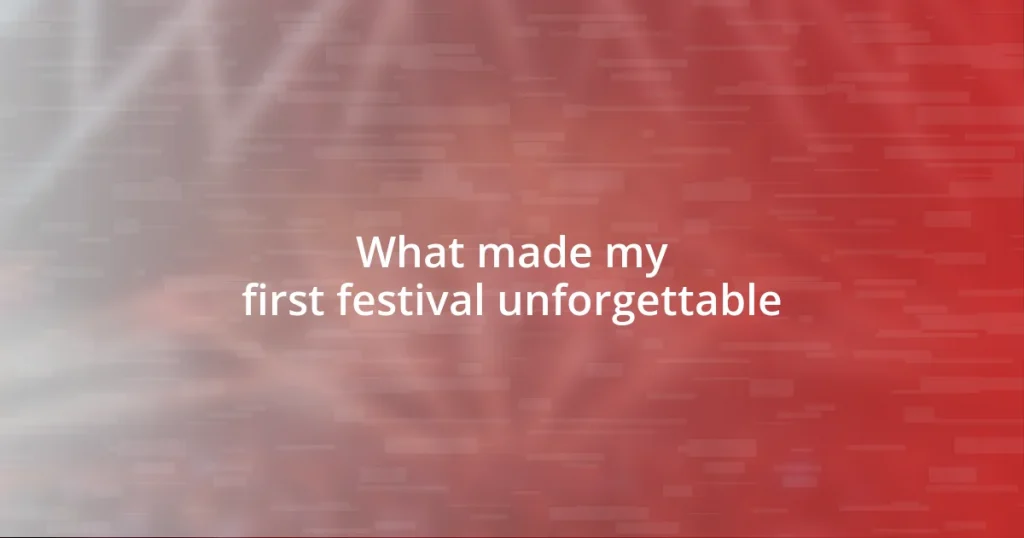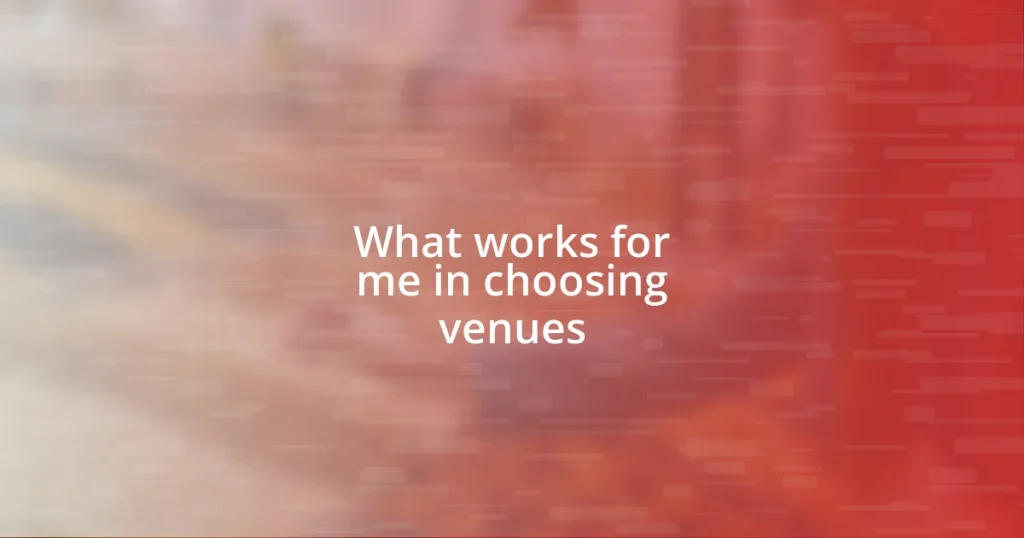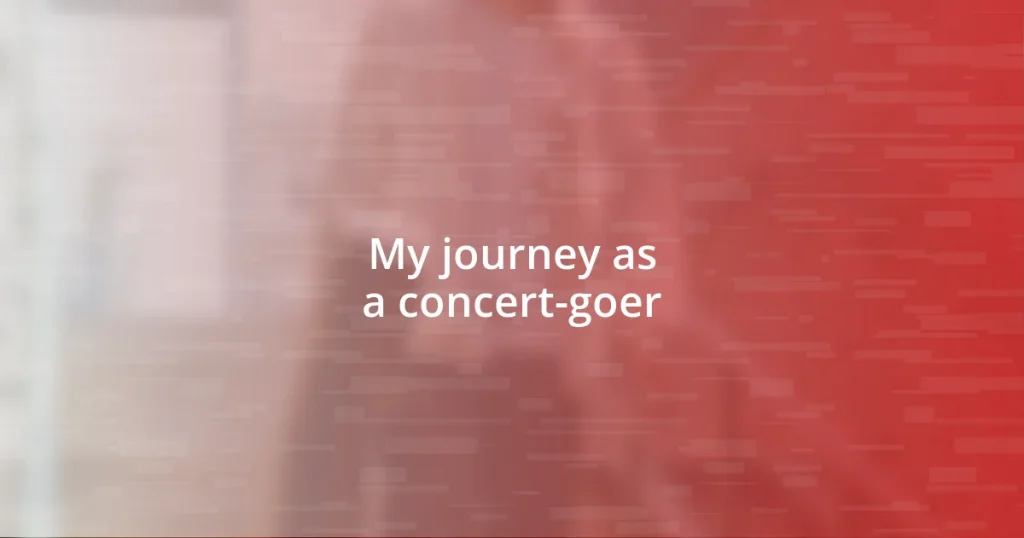Key takeaways:
- Embrace mistakes as valuable lessons to build resilience and facilitate growth throughout the learning process.
- Focus on essential skills like patience, effective planning, and adaptability to enhance the beginner journey.
- Build a support network and set realistic, manageable goals to maintain motivation and enjoy the learning experience.
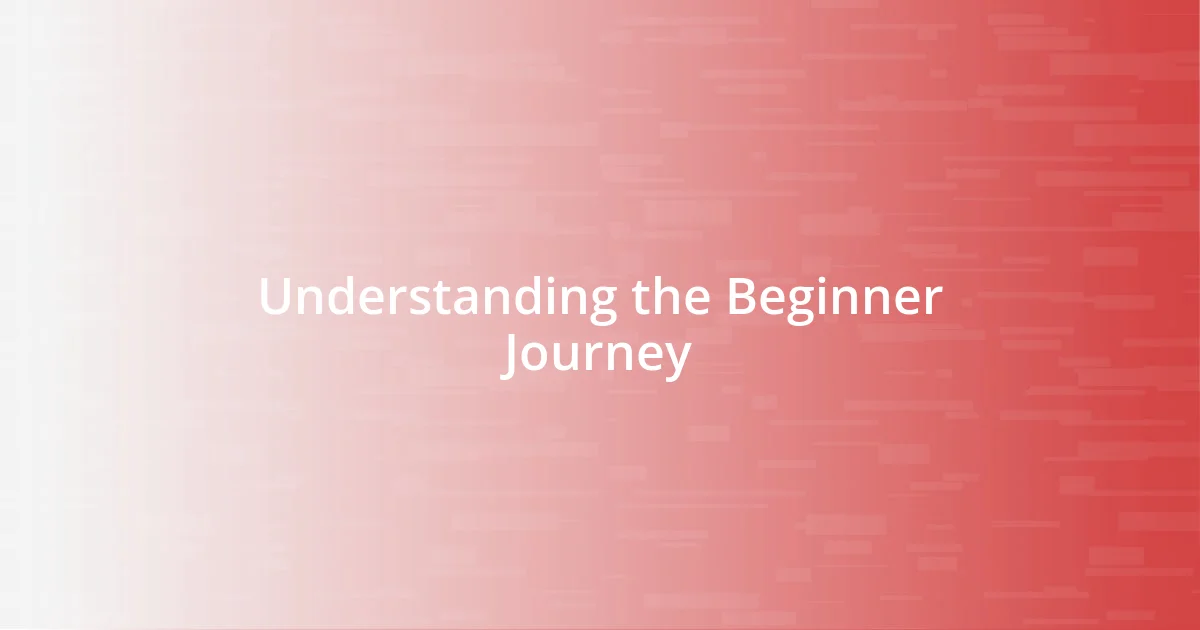
Understanding the Beginner Journey
Embarking on a new journey as a beginner can be both thrilling and daunting. I remember when I first tried my hand at painting; the blank canvas felt like a vast void. Have you ever faced a similar feeling of uncertainty when trying something new? It’s entirely normal to experience that mix of excitement and fear.
As we step into the realm of the unknown, we often underestimate the learning curve involved. I vividly recall how frustrating it was to mix colors the wrong way, resulting in muddy tones instead of vibrant hues. What if I had known then that every mistake was a valuable lesson? Embracing those imperfections can forge resilience in our skill-building process.
Understanding the beginner’s journey means recognizing that it’s not a straight path. There will be ups and downs, much like how I struggled with the basics of every new skill I tried. Think about your own experiences—didn’t those challenging moments shape your growth? Every stumble is an opportunity to learn and improve, leading to a richer, more fulfilling experience along the way.
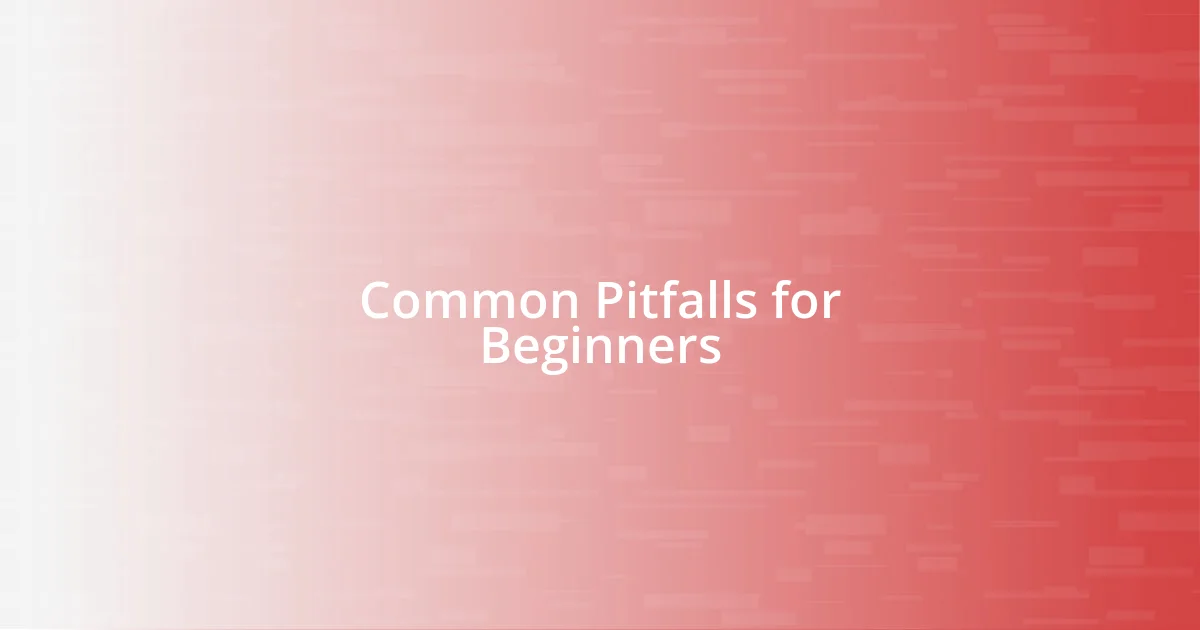
Common Pitfalls for Beginners
It’s all too easy for beginners to fall into common pitfalls that can stifle their progress. I recall when I started learning to play the guitar; I focused way too much on mastering difficult chords instead of enjoying simple songs. That pressure to achieve perfection often leads to frustration and burnout rather than learning and growth. It’s essential to listen to that inner voice that tells you to savor the journey.
Here are some common pitfalls that beginners should be cautious of:
- Setting Unrealistic Expectations: Wanting to be an expert overnight can lead to disappointment.
- Neglecting Fundamentals: Skipping the basics at the start can hinder progress later on.
- Fear of Mistakes: Being overly critical of yourself can prevent you from experimenting and having fun.
- Overwhelm from Information: Trying to absorb too much too fast can lead to confusion and paralysis.
- Ignoring Personal Style: I’ve seen many beginners mimic others instead of finding their unique voice, which can stifle creativity.
Recognizing these pitfalls can help beginners navigate their paths more smoothly and with greater enjoyment.
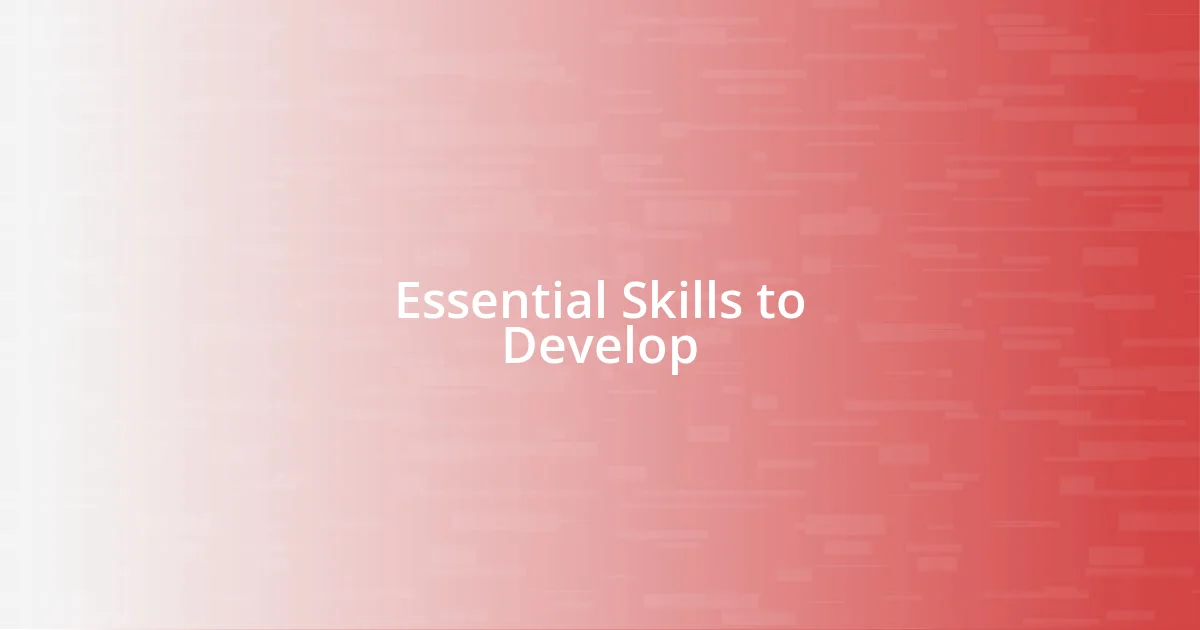
Essential Skills to Develop
Focusing on essential skills can significantly enhance your journey as a beginner. One skill I wish I had honed earlier is patience. When I first started photography, I rushed to capture the perfect shot, often missing the beauty in simple moments. Learning to slow down and truly observe my surroundings transformed my approach. Have you ever found yourself impatient with the learning process? It’s a common feeling, but cultivating patience can make the experience much more rewarding.
Another crucial skill is effective planning. In my early days of writing, I dove straight into projects without outlining my thoughts. It felt exhilarating, yet chaotic. Once I learned the value of planning my ideas, everything fell into place, allowing for a smoother flow in creativity. I encourage you to consider how planning could benefit your own learning experiences—what projects could become more manageable with a structured approach?
Lastly, adaptability is a skill every beginner should strive to develop. I recall experimenting with different art styles, sometimes leaving me feeling lost. The moments when I allowed myself to pivot and explore new directions not only broadened my skill set but also kept the experience fresh and exciting. Embracing change can lead to unexpected growth. What have you adapted or changed in your journey that brought you new insights?
| Skill | Description |
|---|---|
| Patience | Taking the time to fully understand and appreciate the learning process. |
| Effective Planning | Creating outlines or roadmaps to guide your journey and projects. |
| Adaptability | Being open to change and willing to explore different directions to enhance your skills. |
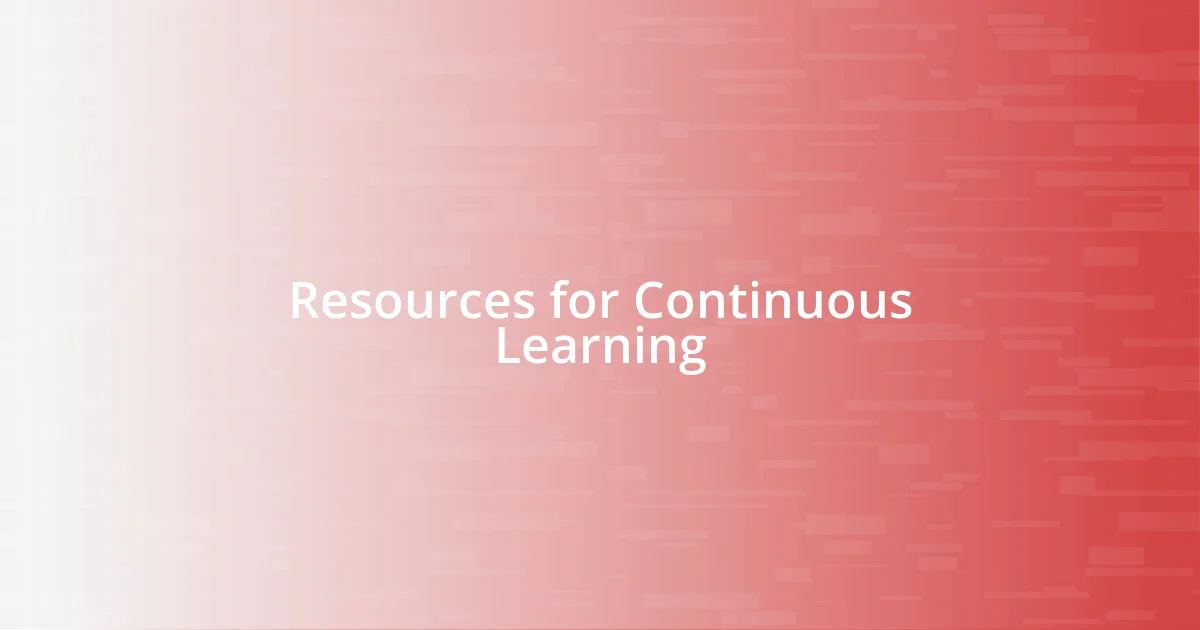
Resources for Continuous Learning
Connecting with the right resources for continuous learning can truly elevate your experience as a beginner. For instance, when I was exploring digital marketing, I stumbled upon a free online course that not only explained concepts clearly but also gave me hands-on projects. That practical application made all the difference! Have you ever found a resource that sparked your excitement? Those moments are crucial.
Moreover, leveraging community platforms has been invaluable for me. Engaging with others on sites like Reddit or dedicated Facebook groups allowed me to ask questions, share experiences, and learn from more seasoned individuals. I remember feeling lost on a project once, but a simple post led to a treasure trove of advice that completely turned my perspective around. Isn’t it amazing how collaboration can illuminate paths we didn’t even consider?
Don’t underestimate the power of podcasts and audiobooks, either. I often listen to expert talks while I’m cooking or commuting, making the most of my time. There was a time I found myself caught in a rut, and a single podcast episode reignited my passion and provided fresh insights. What mediums resonate with you? Exploring different formats can keep your learning journey dynamic and engaging.
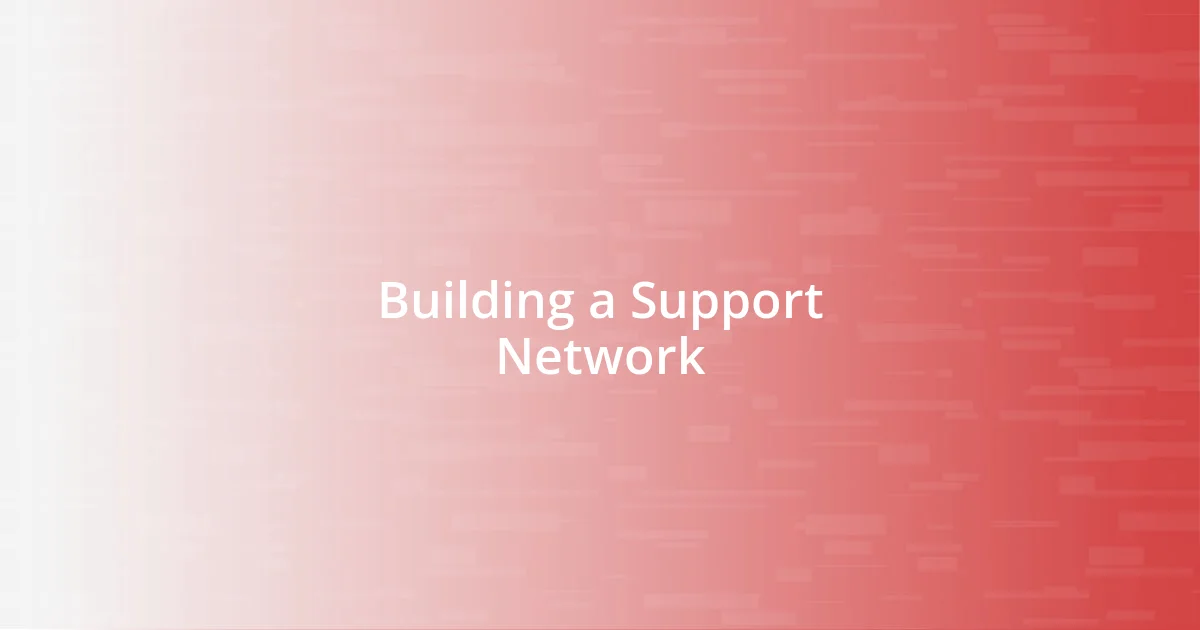
Building a Support Network
Building a support network is something I wish I had prioritized earlier in my journey. When I first dove into graphic design, I worked in isolation, thinking I could navigate everything alone. It wasn’t until I joined a local creatives’ group that I realized how crucial it is to surround yourself with individuals who share your passion and can provide valuable feedback. Does that resonate with you? Finding a community can transform your experience.
One memorable instance occurred during a challenging project where my confidence was shaky. I reached out to a mentor I met at a workshop, and their guidance not only helped me refine my design but also reignited my enthusiasm. It’s incredible how a few encouraging words from someone who’s been through similar hurdles can change your mindset. What about you—do you have someone you turn to during tough times?
Building a diverse support network is equally important. I learned that connecting with people from various backgrounds enriches your perspective. For instance, I once collaborated with a photographer who introduced me to unfamiliar concepts that challenged my thinking. It opened my eyes to approaches I had never considered. Isn’t it fascinating how a fresh viewpoint can elevate your creativity? Opening up to different experiences can lead to surprising growth.
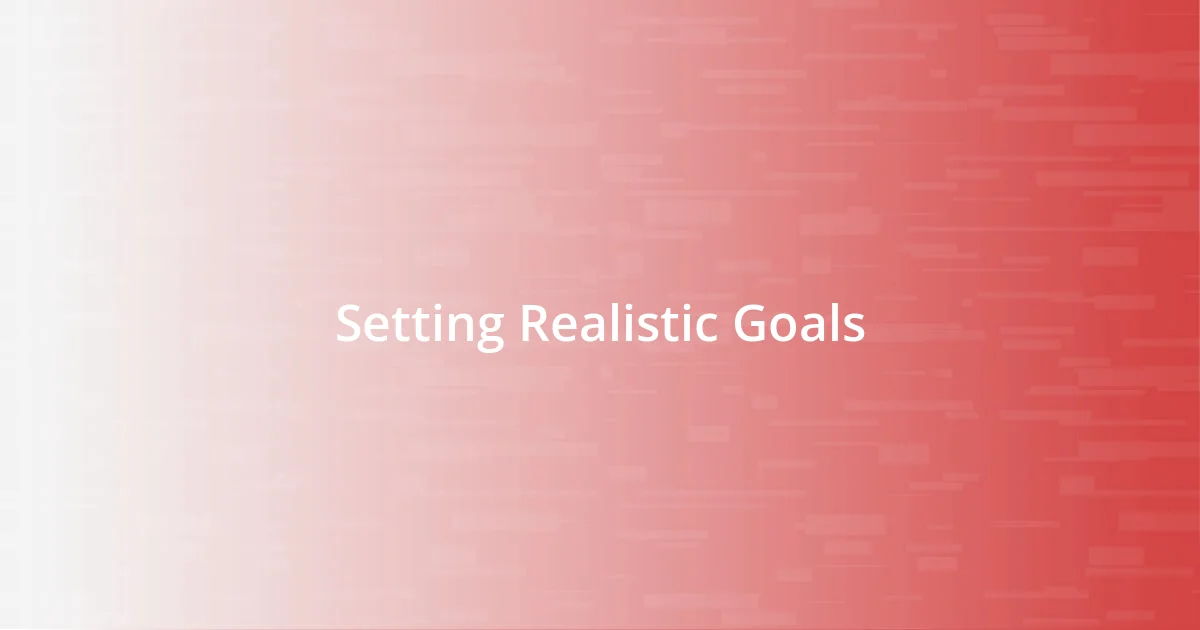
Setting Realistic Goals
Setting achievable goals is something I learned the hard way. Early in my journey, I aimed too high without considering my skills or the time I had available. This often left me frustrated and demotivated. Have you ever set a goal that felt more like a mountain than a stepping stone? It’s easy to get overwhelmed, but breaking down larger goals into smaller, manageable tasks made a world of difference for me.
I remember when I wanted to master a new coding language. Instead of diving straight into complex projects, I started with simple exercises each day. This gradual approach not only helped me build my confidence but also allowed me to celebrate small wins along the way. Those moments of progress, no matter how minor they seemed, kept me motivated. How do you measure your own progress?
Creating deadlines for these smaller tasks also played a crucial role in my success. Initially, I found it challenging to stay focused. I crafted a timeline that worked for me, ensuring I had realistic checkpoints. This helped me maintain momentum without feeling burnt out. Have you tried setting your own deadlines? Establishing a rhythm made my journey feel less like a sprint and more like an enjoyable marathon.
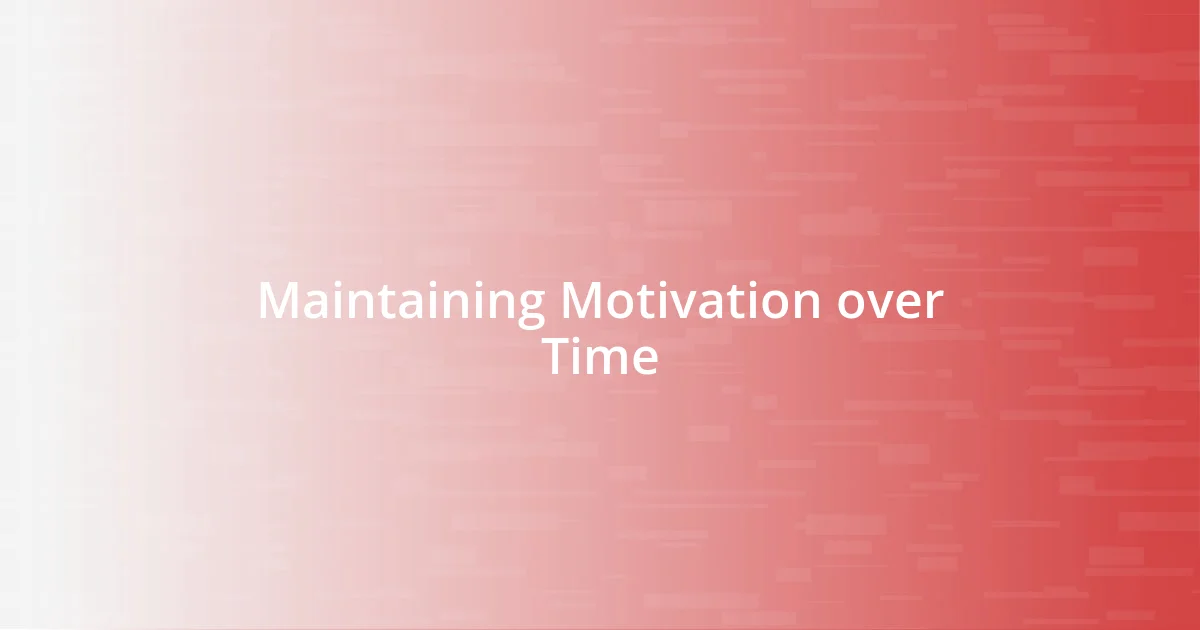
Maintaining Motivation over Time
Maintaining motivation over time is a balancing act, and I’ll be the first to admit it takes effort. There were times in my early days when I lost sight of why I started. I remember pushing through a creative block for weeks, questioning my abilities until I finally revisited my core passion: the joy of creating. Have you ever found yourself caught in that cycle? It’s a reminder that staying connected to your initial excitement can rejuvenate your motivation.
I also discovered that mixing things up can keep the fire alive. For instance, I once decided to experiment with a different medium—switching from digital design to watercolor painting. This not only sparked new ideas for my graphic work but also injected a sense of playfulness into my routine. How often do you step out of your comfort zone? Trying something different can refresh your perspective and reignite enthusiasm for your primary goals.
Another lesson I learned revolves around accountability. I started sharing my journey on social media, and it was surprising how this public commitment helped me stay engaged. When others are watching your progress, there’s a sense of responsibility that nudges you to keep going. Have you considered sharing your journey with others? It can create a support system that holds you accountable and celebrates your victories, no matter how small.


